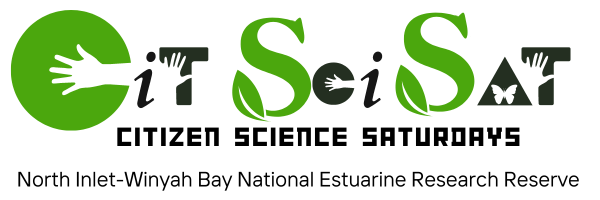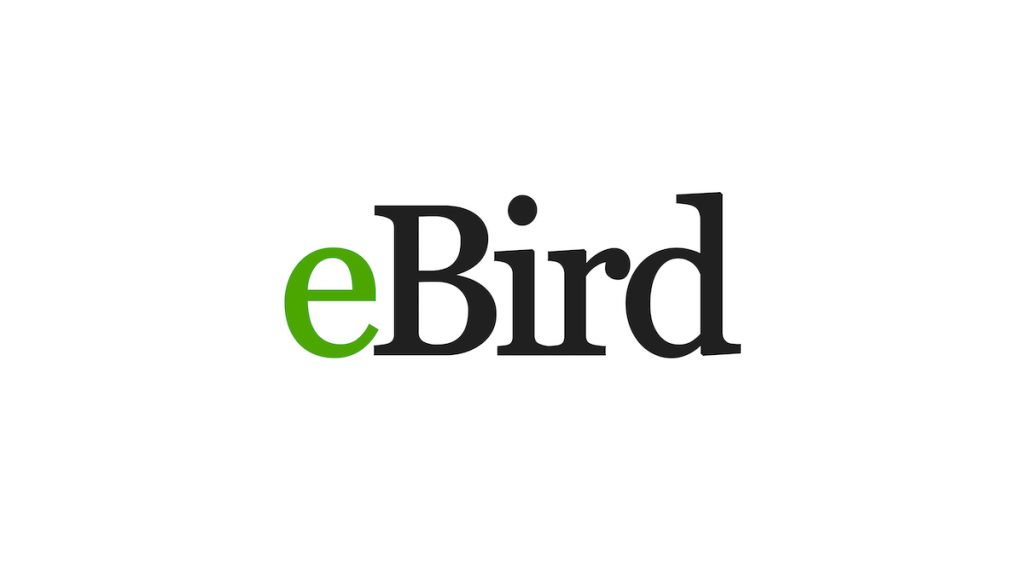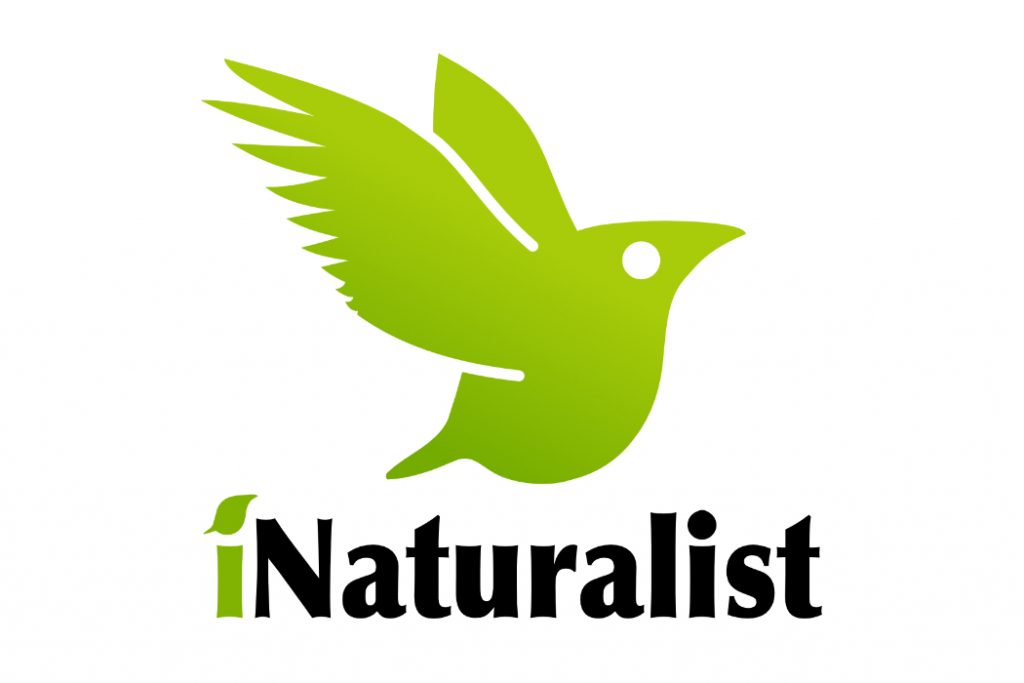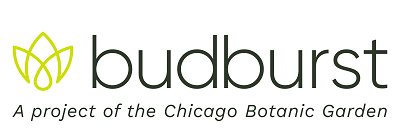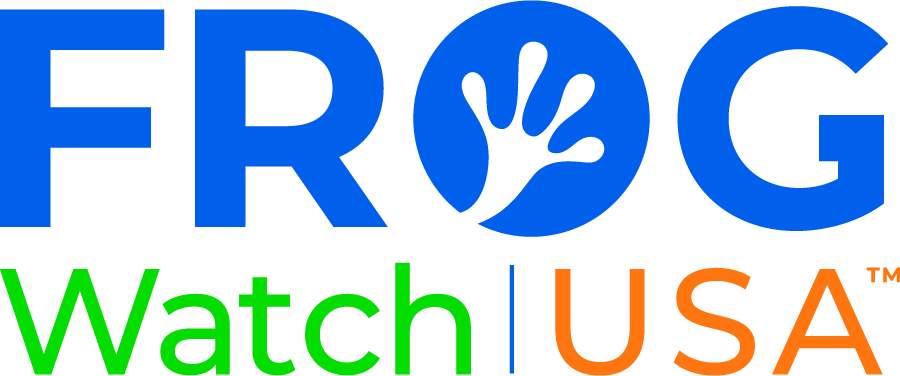We are all scientists! Time, curiosity, and a sense of wonder are all that are needed to collect information that will help scientists and resource managers answer questions and solve important problems. Learn how to participate in citizen science projects by collecting data that can directly contribute to the conservation of the Winyah Bay watershed.
Citizen science engages members of the community, who do not necessarily have scientific backgrounds, in practical, meaningful scientific research and monitoring projects. Without the participation of volunteer citizen scientists, many projects would be impractical or even impossible. On-line platforms and smartphone apps allow citizen scientists to perform research that would have required specialized equipment and training in the past, and today, citizen science opportunities are as wide-ranging as science itself. This series of education events will highlight citizen science projects that are collecting data that can directly contribute to the conservation of the Winyah Bay watershed, and provide training and practice on how to collect and contribute data.
eBird is among the world’s largest biodiversity-related science projects, with more than 100 million bird sightings contributed annually by eBirders around the world. Birders enter when, where, and how they went birding, and then fill out a checklist of all the birds seen and heard during the outing. eBird data have been used in hundreds of conservation decisions and peer-reviewed papers, thousands of student projects, and help inform bird research worldwide.Merlin Bird ID is a free app that identifies bird songs and has a bird photo ID.
Join us Saturday, February 17rd, 1:30 to 3:30 to learn and practice using eBird. Be ready for the Great Backyard Bird count Feb. 16-19, 2024!
iNaturalist is an online social network for sharing biodiversity information and learning about nature. It can be used to record observations, get help with identifications, collaborate with others to collect information for a common purpose, or access the observational data collected by iNaturalist users. Biodiversity surveys (bioblitzes) are communal citizen-science efforts to record as many species within a designated location and time period as possible
Join us Saturday, February 24th, 9:30 to 11:30 to learn and practice using iNaturalist. Be ready for the North Inlet Bilblitz on April 20, 2024!
Budburst is a national network of citizen scientists monitoring plants as the seasons change. Participants make observations of the timing of plant life cycle events (phenophases) such as leafing, flowering, and fruiting, as well as leaf color and senescence. These observations are used to better understand how plant species and ecosystems respond to changes in climate locally, regionally, and nationally.
Join us Saturday, March 2nd, 9:30 to 11:30 to learn and practice using Budburst.
FrogWatch USA is a citizen science program to provide individuals, groups and families with opportunities to learn about wetlands in their communities by reporting on the calls of local frogs and toads. The information collected by thousands of FrogWatch USA volunteers across the United States is then analyzed to inform the development of environmental protection and amphibian conservation strategies.
Join us Saturday, March 16th, 9:30 to 11:30 to be trained to join the Winyah Wetlands FrogWatch USA chapter.
EDDMapS (Early Detection and Distribution Mapping System) is a web-based mapping system for documenting invasive species and pest distribution. EDDMapS aggregates data from other databases and organizations as well as volunteer observations to create a national network of invasive species and pest distribution data that is shared with educators, land managers, conservation biologists, and beyond.
Join us Saturday, March 30th, 9:30 to 11:30 to learn and practice using EDDMapS. Use your skills to help us map invasive Beach vitex!


